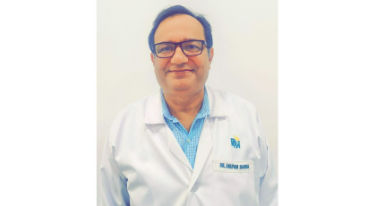I'm a 19-year-old guy and lately, I've been noticing something strange. When I masturbate, it feels good during the act, but once I ejaculate, there's nothinglike, no orgasm or any feeling at all. Is this something I should be worried about?
Not feeling an orgasm during masturbation, also known as anorgasmia, can be caused by various factors, including:
Physical Factors
1. Over-masturbation: Frequent masturbation can lead to desensitization.
2. Nerve damage: Injury or damage to the nerves in the genital area.
3. Hormonal imbalance: Imbalances in testosterone, dopamine, or serotonin levels.
4. Medications: Certain medications, such as antidepressants, can affect orgasm.
Psychological Factors
1. Stress and anxiety: High stress levels can affect orgasm.
2. Depression: Depression can lead to a decrease in libido and orgasmic function.
3. Performance anxiety: Anxiety about sexual performance can affect orgasm.
Lifestyle Factors
1. Lack of sleep: Fatigue can affect orgasmic function.
2. Poor diet: A diet lacking essential nutrients can affect hormone levels and orgasm.
3. Substance abuse: Substance abuse can affect hormone levels and orgasmic function. CONSULT UROLOGIST FOR THE SAME


